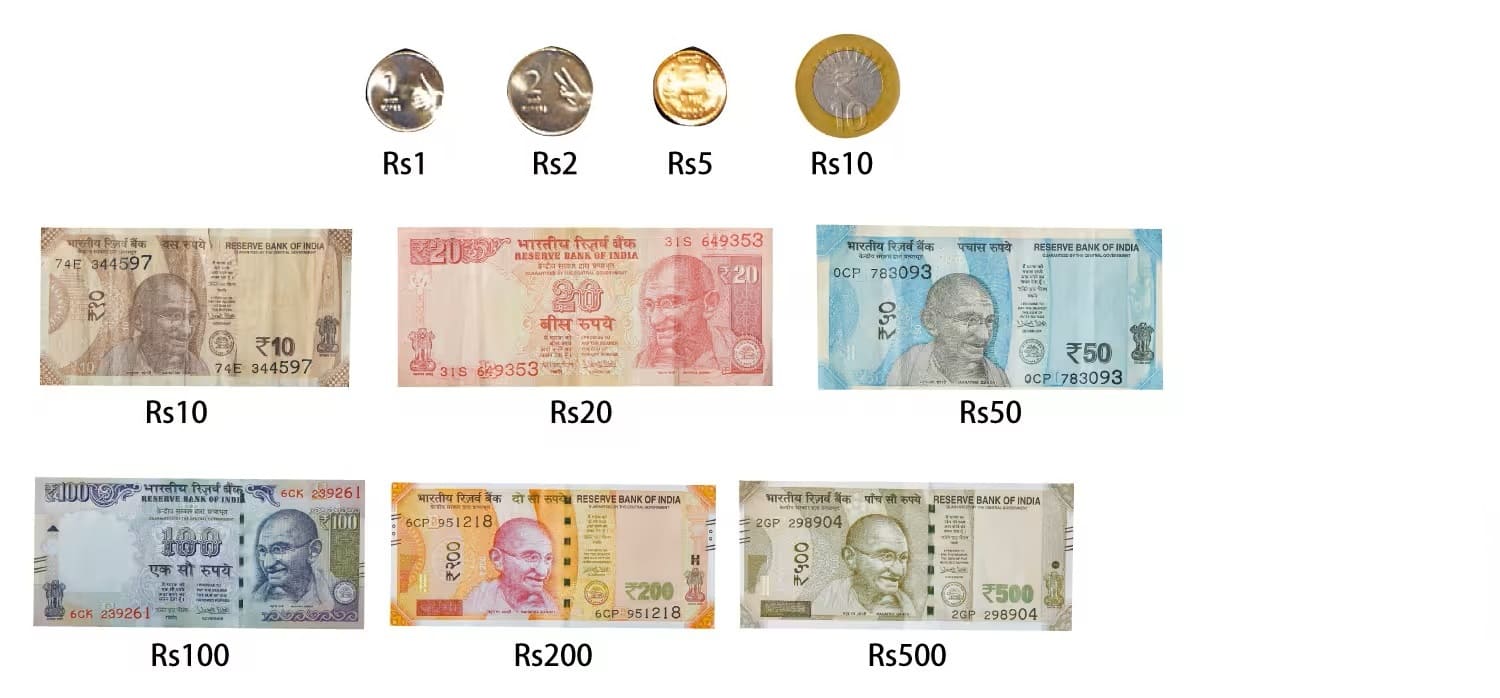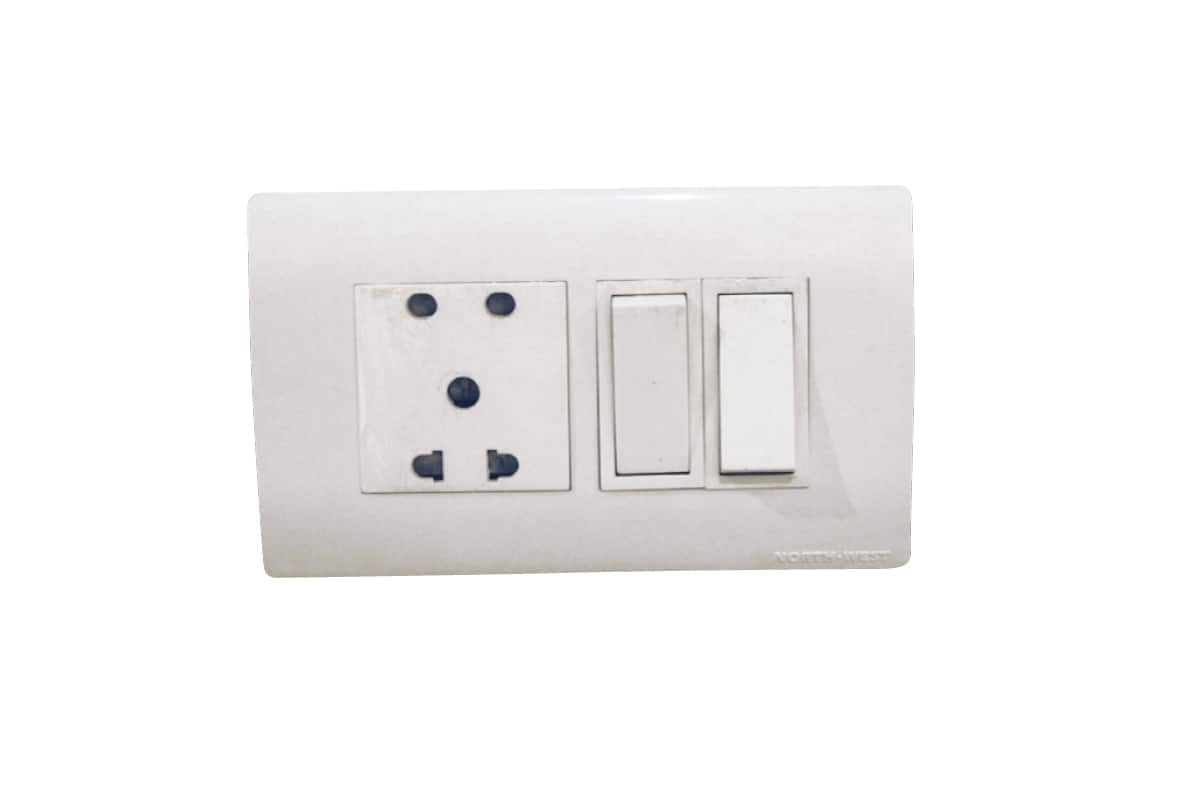- Please select the card you wish to join
-

Get your digital card immediately
No enrollment or annual fees
ANA Mileage Club Card
Earn more miles for your money
With credit function
ANA Card
-
Reservations
-
MILES
-
MILES
-
Login
-
Support
Chennai
on December 10th, 2024 (JST) current information
Immigration and Visa
Visa
There are three types of visas for India: an e-Tourist Visa (ETA) that you can apply for online before leaving Japan, the Tourist Visa on Arrival (TVoA) that you can obtain at the airport after arriving in India, and the general visa (sticker visa) that you can obtain at the embassy in Japan.
The easiest and most frequently-used option is the ETA (e-visa) that you can apply for online and obtain upon your arrival. You can choose a validity period of 30 days, 1 year, or 5 years. The fee is always US$25 plus a service fee, regardless of the validity period. You can only re-enter the country twice on the 30-day visa, while there is no limit on the 1-year and 5-year visas that are multiple-entry visas. However, each stay can be no longer than 180 days. If you have Japanese nationality, a TVoA valid for 60 days can be obtained at the airport of arrival. The charge is Rs 2,000. TVoAs are only available at 6 airports: Delhi, Mumbai, Chennai, Kolkata, Bangalore, and Hyderabad. Please beware that under certain circumstances obtaining a visa may take time.
A variety of visas are provided for India, depending on the number of entries, length of stay, and purpose for travel. Choose the correct visa for your travel purpose and itinerary.
Passport
Your passport must be valid for at least six months from the date of visa application, and must have at least two unused visa pages.
- For the latest information, be sure to check the website of the Embassy of Japan in India .
- Visa, passport, and other information is subject to change without notice. Be sure to check with the Embassy, Consulate, or travel agency.
Quarantine
When visiting from Japan, it is prohibited to bring the following items into India.
- a. Meat and all meat products
- b. Marine products and fish products
- c. Egg products
- d. Milk products
- e. Embryos, eggs, semen
- f. Pet food
- g. Feathers, pig bristles
- h. Blood serum
- i. Processed bones, horns, or antlers
- Up to two cats or dogs may be brought in as pets. However, you will need an official health certificate proving that the animals do not have symptoms of rabies, distemper, or any other infectious or contagious diseases.
Customs
Bringing in e-cigarettes
Prohibited from bringing in. In September 2019, the Indian government prohibited all production, sale, and import of e-cigarettes. Foreign nationals may also be penalized.
For bringing and possession of tax-free cigarettes
- Tobacco: 100 cigarettes , 25cigars, or 125g of cut tobacco
- Liquor: up to 2L regardless of the type of liquor
- Gifts equal to less than Rs15000
- You can bring in the above items duty-free based on the assumption that you will use them yourself in India (or give them to someone). Accordingly, you do not need to have them when you leave the country. Also, items brought in that are not taxed based on the assumption that you will use them in India and bring them back home with you when you leave must be personal belongings you require during your trip and must not be new (must be used).
Time difference and Daylight Saving Time
Time difference
India has a single time zone. Time difference: Japan is 3.5 hours ahead of India. (It is 8:30AM in India when it is noon in Japan.) There is no daylight saving in India.
Climate
Climate
The best season for visiting India is generally considered to be October to March. This is the dry season, so you do not need rain gear and travel is easier. This is the best time to visit for your first trip to India. However, while it is hot in the south, Delhi and other places in the north can be quite cold at night in December and January. In addition, thick fog can hamper tourism and transportation in northern India in January. July and August is the rainy season, but is the best time of year to walk through the holy place in the Himalayas.
Currency and Exchange Rate, Tax, Currency exchange, Tip
Currency and Exchange Rate

The unit of currency is the rupee (Rs) and paisa (P). In Hindi, they are called rupaya (the plural is rupaye) and paisa (the plural is paise). Rs1 = P100. As of December 6, 2024, Rs1 equaled approx. JPY1.8. There are 6 denominations of banknotes: Rs10, Rs20, Rs50, Rs100, Rs200 and Rs500. There are 5 types of coins: Rs1, Rs2, Rs5, Rs10, and Rs20. There are also very small amounts of Rs1, Rs2, and Rs5 banknotes and paisa coins in circulation, but they are almost never used. Production of the largest bill, Rs2000, ended on September 30, 2023.
Tax
Goods and services tax (GST) was implemented in July 2017. The tax rate is 0%, 5%, 12%, 18%, or 28%, depending on the type of item. Also, depending on the article(s) purchased, such as alcohol, taxes other than GST may also apply. For hotels, taxes apply for accommodation expenses amounting to Rs1,000 or more.
Tip
- Hotel: It is considered polite to give a tip when having your luggage carried or ordering room service at a hotel. As a guideline, Rs 30 at mid-range hotels and Rs 50–100 per piece of luggage at high-end hotels is appropriate.
- Restaurants: Tipping is not required when included in the service charge, but in other cases a tip of approx. 5 to 7% of the meal charge should be left. However, at restaurants serving locals it is okay to leave change from the bill as a tip, and even that is optional.
- Drivers and guides: For privately arranged guides, the standard tip is around Rs 300–500 per person. For drivers, the rate is typically Rs 500–1000 for a full day and Rs 300 or more for a half day.
Voltage and plug
Voltage

Voltage is 220V to 240V with a cycle of 50Hz. Plugs are most commonly Type B3, BF, B, and C.
Video and DVD
Video and DVD
When purchasing DVD, and BD, take note of the broadcasting system (Japan is NTSC; India is PAL) and region code (DVD is 2, BD is A in Japan; DVD is 5, BD is C in India). To play PAL, a device is needed that can switch to NTSC. The code must be the same for video and player, or one of them must be compatible with all regions for it to be played.
Postal Fees
Airmail to Japan costs Rs15 for a picture postcard and Rs25 for a sealed letter (up to 20 g, with an additional Rs15 for every 20 g over that). Airmail takes 4 days to 10 days to be delivered.
Post Office Business Hours
Generally, it is open from 9:00 to 17:00 and many are close on Sunday.
Phone Call
How to phone
Telephoning Japan from India
Telephoning Japan from India
Ex. When calling (03) 1234-5678 or 090-1234-5678
00 (International telephone identification number)
81 (Country Code, Japan)
3 or 90 (Remove the first 0 for area codes and mobile telephone numbers)
1234-5678 (Other parties telephone number)
Telephoning India from Japan
Telephoning India from Japan
International Telephone Company No.
- 001 (KDDI)
- 0033 (NTT Communications)
- 0061 (SoftBank)
- 005345 (au Mobile) *1
- 009130 (NTT DoCoMo Mobile) *2
- 0046 (SoftBank Mobile)*3
010 (International Identification No.)
91 (Country Code, India)
11 (Remove the first 0 for area codes)
87654321 (Other parties telephone number)
- *1.au does not require 005345.
- *2.Pre-registration to World Wing is required for NTT DoCoMo. Does not require 009130.
- *3.Call are possible without dialing 0046 from SoftBank.
- For the three cell phone carriers, hold down 2 until + appears, then add the country code and the phone number your wish to dial.
Holiday / National holiday
Holiday / National holiday
Of the national holidays, Only the following three days are official holidays according to the law. In addition to those days, there are other holidays that vary by religion and state.
2025
- January 26: Republic Day
- August 15: Independence Day
- October 2: Mahatma Gandhi’s Birthday
Language
Language
The official language is Hindi, and English is the second official language. In addition, there are 22 different state government-approved languages and 844 dialects.
Business hours, etc
Business hours
General business hours noted below, but they are only guidelines. Actual business hours differ by establishment.
Banks
10:00 to 16:30 (until 14:00 on Sat.), closed on Sun., holidays.
Department Stores/Shops
10:00 to 19:00, closed on different days depending on the store.
Restaurants
11:00 to 23:00 (some places close from around 15:00 to 18:00).
Drinking
The Muslim faith prohibits alcohol consumption. Hindus also are not very fond of alcohol. However, there are drinking establishments in every town, and patrons can drink in licensed restaurants and bars. However, in the states of Gujarat and Bihar, Kerala, Manipur, and Nagaland, there is an alcohol prohibition law in effect which bans or restricts the sale of alcohol. Even in states where there is no alcohol prohibition law, there are dry days (alcohol ban days) on which the sale of any type of alcohol is prohibited. Drinking is prohibited throughout the country on specified holidays, such as on Mahatma Gandhi’s Birthday and Independence Day. Additionally, the sale of alcohol is restricted in sacred Hindu places. The provision of alcohol is prohibited within 500 meters of highways or railway stations throughout the country. There are also restrictions on alcohol sales at holy Hindu locations.
Smoking
There is an anti-smoking law enforced in public facilities in India. Places subject to the law include airport lounges, hotels, restaurants, cafés, bars, train stations, bus stops, shopping malls, movie theaters, hospitals, and schools. Violators will be fined Rs200. However, smoking is permitted in places that have smoking areas even if it is a public place. All e-cigarettes and heated tobacco products are prohibited by law.


